Excerpt...
In our study, we found that companies who have implemented a marketing automation solution (a proxy for a more managed process) reported significantly higher levels of collaboration between sales and marketing, across a number of different dimensions.
The marketing automation adopters had a 13% collaboration advantage (54% to 41%) in defining and executing field programs. This makes sense. The ability to track the revenue impact of marketing programs can finally put an end to spirited debates over “trade show vs. tele-prospecting” and “white paper syndication vs. golf-outing.”
Fifty-seven percent of the marketing automation adopters reported strong collaboration in capturing insight from customers and prospects, compared to 41% of those who are not automated. By providing insight into the prospect’s behavior and experience across all channels (website, campaigns and social) your sales force can have better conversations, engage in a meaningful way, and close more deals, faster.
Administering Leads and Lead Pipelines posted a positive collaborative advantage of 12 percent. Just as you suspected, there is a better tool than Excel to distribute and manage the follow-up on tradeshow leads!

 Your new post is loading...
Your new post is loading...



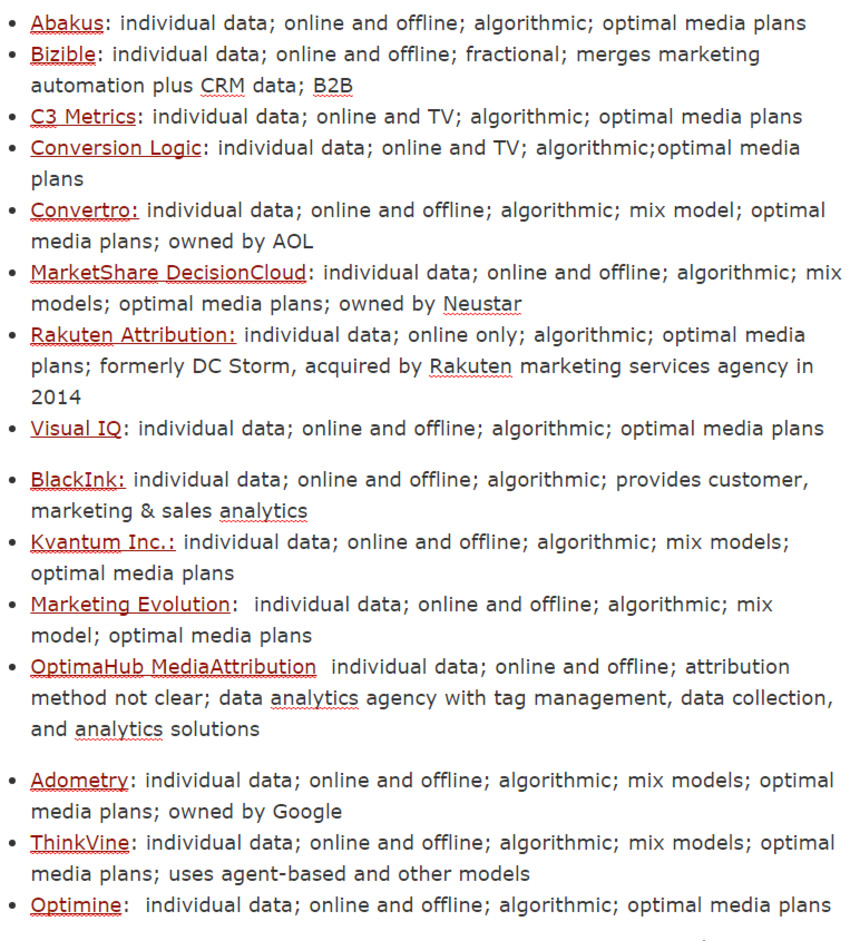


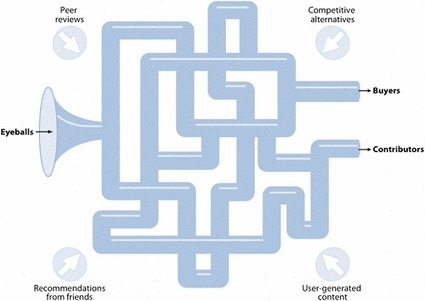
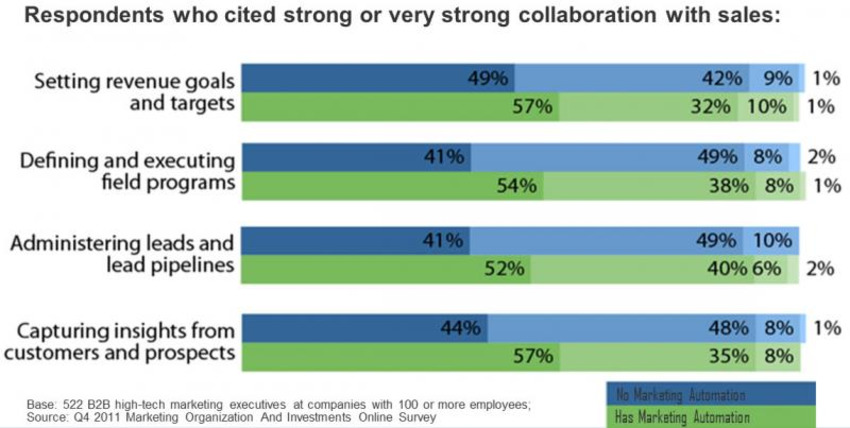
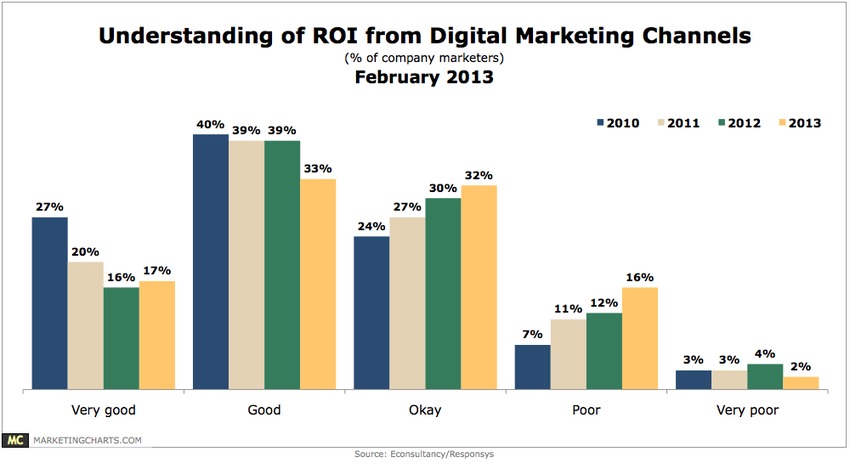

![The 6 Marketing Metrics Your CEO Actually Cares About [Cheat Sheet] | The MarTech Digest | Scoop.it](https://img.scoop.it/7qxVTHfSiJuD4Z4te4QS-vL6dadsvGA8m9WNoVsbzkY=)




![Making sense of marketing attribution [infographic] | The MarTech Digest | Scoop.it](https://img.scoop.it/V0Yl9fO0R52jq4fvkEVamfL6dadsvGA8m9WNoVsbzkY=)
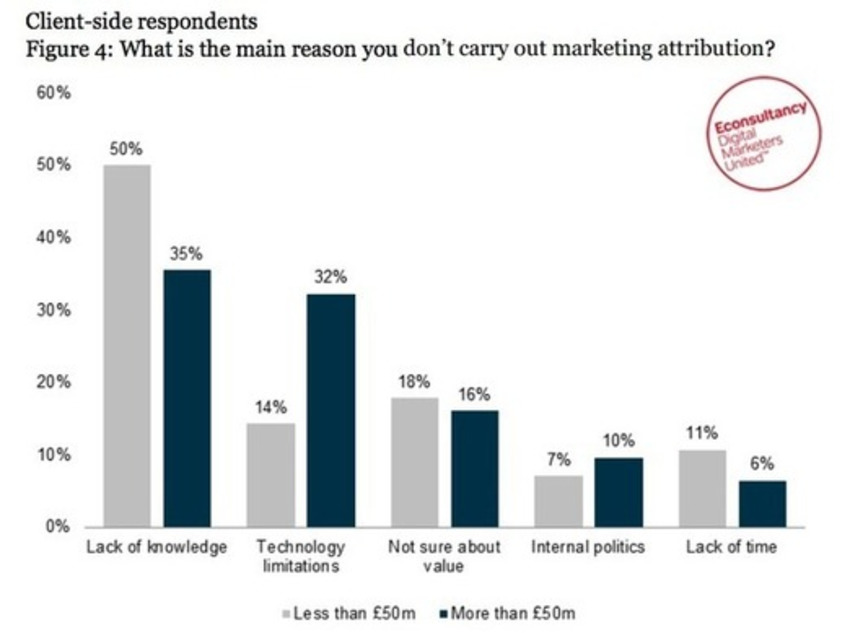






Please click through for details behind the description to each.